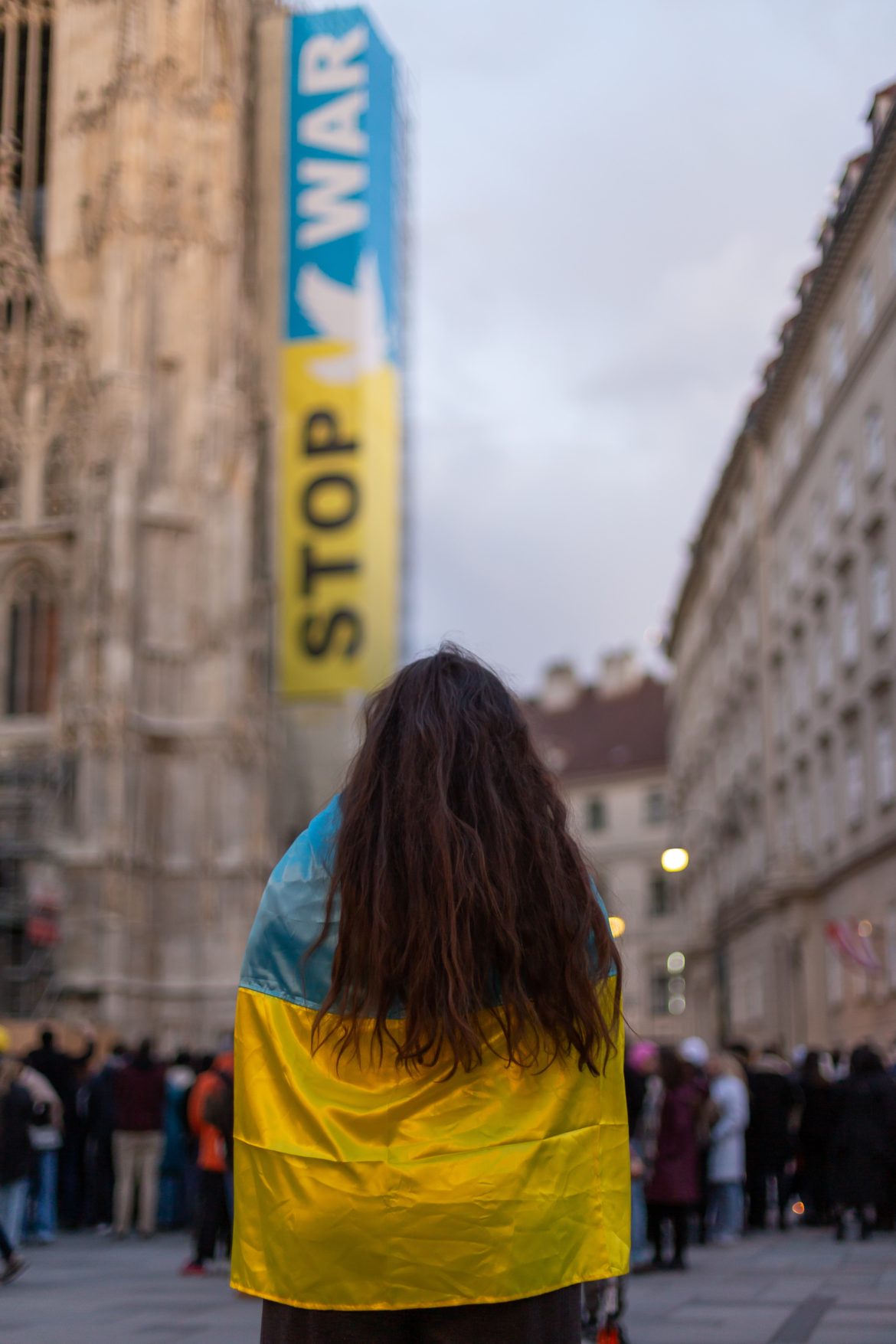About a month ago, Russia declared war on Ukraine, launching its first attack on the country on February 24th. This sent thousands of Ukrainian refugees fleeing for the neighboring countries of Poland, Romania, Moldova, and others. To many in the global North, this is the first full-fledged war they have ever experienced or witnessed. In response, many young adults are taking to social media to document their experiences. Many Ukrainian youth have been using TikTok to record their journey from their homes in Ukraine to other countries. These videos have amassed millions of views from across the world, which has raised awareness among the youth everywhere else, fueling empathy and anger among them.
As observers to this crisis, many students in Canada and elsewhere have felt a great sense of helplessness as very little can be done to aid those who are forced to flee their homes and essentially put their lives on pause. However, many young individuals affected by the war have taken to TikTok and Instagram to document their experiences. These videos show young girls and boys having to either hide in bunkers, run from explosions, or leave their fathers and brothers behind because they are forced to stay and fight. While staying informed on the issue is relatively easy given the number of news outlets and social media platforms available, it is also easy to feel extremely disconnected. Observing the event from a screen, and repeatedly, has had the effect of desensitizing the war.
Another phenomenon that has emerged with this event is what is referred to as “slacktivism”. Individuals using social media will share a post containing encouraging words and think it a sufficient enough method to rectify the problem. Many of these posts are not even from charities or organizations supporting Ukraine, but are rather random accounts looking for attention. Not only is this insensitive to those directly affected by the war, but it can also lead to the spread of misinformation.
As outsiders whose only sources of information are secondary, such as newspapers or social media, it is very easy to be misinformed. Many posts on social media that claim to support Ukraine tend to depict a false image of what is actually occurring in the country. Following the first attack, a video showing soldiers in full military gear kissing their partners goodbye was circulated across Instagram and Facebook. Many thought this was a video taken from Ukraine, but it turned out to be a clip from a 2017 film titled “The War of Chimeras” . This video was widely shared on social media, which goes to show how easy it is to fall for fake news. This makes it all the more difficult to have a full understanding of the problem, which then further prevents individuals from providing effective aid and support.
It is without a doubt that social media can be an excellent tool in spreading awareness and demanding change with regards to social issues such as these; the Ukrainian refugees on TikTok serving as a great example. However, while social media can do a tremendous amount of good by spreading information, it can also do significant harm. All this to say that as those observing this from afar, the bare minimum we can do is to be sure that our information is coming from a credible source. Otherwise, we may be doing more harm than good by spreading falsities about a very delicate and dangerous issue.
In sum, what we can do to help Ukraine is unfortunately limited. However, this does not mean that our hands are tied. There are countless reliable charities that are fundraising money for food, clothing, and shelter. On top of that, a Harvard student has established a website where Ukrainian refugee families can be paired with families in the United States with whom to seek refuge. As Canadians, and students of McGill, it is also important that we urge our university and government to act in support of Ukraine. Although we have acknowledged the issue at hand and condemned the attacks placed by Russia, our institutions need to use their power to provide tangible support to those in Ukraine. While this problem may be happening half-way across the world, it does not mean we cannot do our part from home.
Edited by Mehak Balwani

